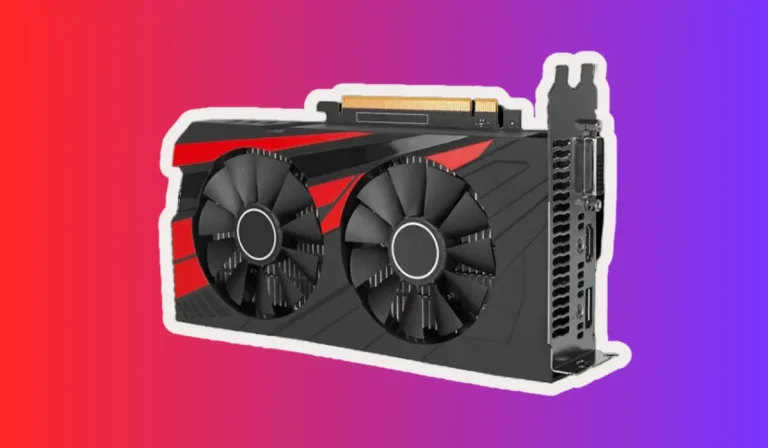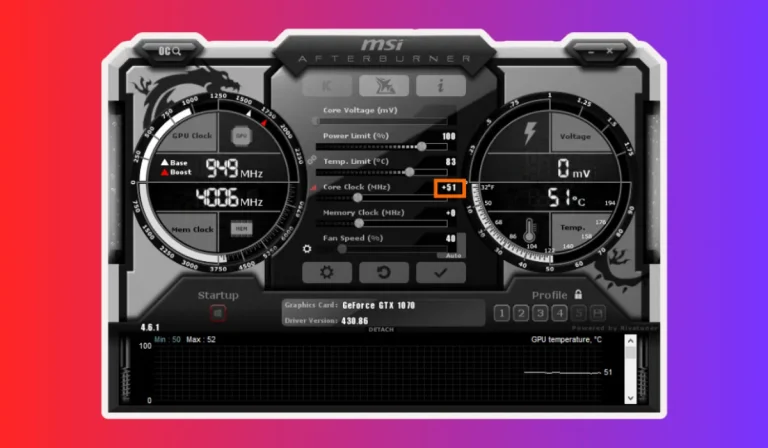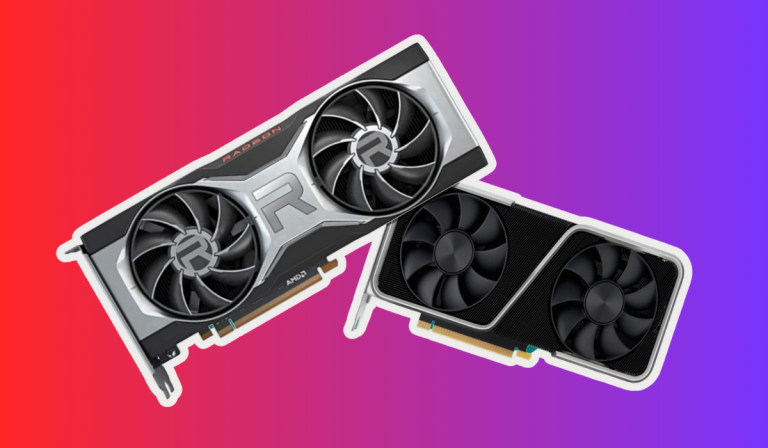Does Graphics Card Affect FPS?
When it comes to gaming, the smoothness and fluidity of the gameplay are crucial. That’s where FPS, or frames per second, comes into play. But have you ever wondered if your graphics card has any impact on FPS? In this blog post, we’ll explore this question simply and engagingly, without any technical jargon. So, buckle up and get ready to dive into the fascinating world of graphics cards and their influence on your gaming experience!
Graphics Card Components and Their Impact on FPS
When it comes to gaming, your graphics card is like the powerhouse behind all those stunning visuals on your screen. But have you ever wondered how its components affect the FPS (frames per second) you experience during gameplay?
GPU (Graphics Processing Unit)
At the heart of every graphics card lies the GPU, or Graphics Processing Unit. This tiny chip is responsible for rendering all the images and animations you see in your favorite games.
The GPU’s performance directly affects your FPS, as it determines how fast it can process and display these visuals. A more powerful GPU means smoother gameplay with higher FPS, allowing you to fully immerse yourself in the game world.
VRAM (Video Random Access Memory)
Another crucial component is VRAM or Video Random Access Memory. Think of it as your graphics card’s dedicated memory for storing textures, shaders, and other data needed for rendering.
The more VRAM your graphics card has, the more detailed and complex textures it can handle, resulting in better-looking visuals. Insufficient VRAM can lead to FPS drops and graphical glitches, so it’s important to choose a graphics card with enough VRAM for your gaming needs.
Clock Speed and Memory Bandwidth
Clock speed and memory bandwidth are two factors that directly impact your graphics card’s performance. Clock speed refers to how fast the GPU’s cores can process data, while memory bandwidth determines how quickly data can be transferred between the GPU and VRAM.
Higher clock speeds and memory bandwidth result in faster rendering and better FPS. When choosing a graphics card, look for higher clock speeds and wider memory bandwidth for optimal performance.
Factors to Consider When Choosing a Graphics Card for Higher FPS
Choosing the right graphics card is crucial if you want to enjoy smooth gameplay with high FPS (frames per second). But with so many options out there, it can be overwhelming to make the right choice. Don’t worry, we’re here to help!
GPU Performance Benchmarks and Comparisons
One of the first things you should do is research and compare the performance benchmarks of different graphics cards.
These benchmarks give you an idea of how well a particular GPU performs in various games and settings. Look for reviews and comparisons to find the best graphics card that offers the FPS you desire.
Minimum and Recommended System Requirements for Games
To ensure a smooth gaming experience, check the minimum and recommended system requirements for the games you want to play. Graphics cards have specific requirements, such as VRAM capacity and GPU power, to run games optimally.
Match these requirements with the graphics card you’re considering to ensure compatibility and satisfactory performance.
Compatibility with Other Hardware Components
A graphics card doesn’t work in isolation; it interacts with other hardware components in your system. Ensure that the graphics card you choose is compatible with your motherboard, power supply, and other components.
Check the card’s physical dimensions and power requirements to make sure it fits and functions properly in your system.
Overclocking and FPS Boost
Do you want to squeeze out every bit of performance from your graphics card? Well, overclocking might be the answer! Overclocking allows you to push your graphics card beyond its default settings to achieve higher FPS (frames per second) and smoother gameplay.
Understanding Overclocking
Overclocking involves increasing the clock speed of your graphics card’s GPU and memory beyond their factory-set limits. By doing so, you can make your graphics card process data faster, resulting in improved performance and potentially higher FPS in games.
However, it’s important to note that overclocking can increase power consumption and generate additional heat, so proper cooling and monitoring are essential.
Benefits of Overclocking
The primary benefit of overclocking is the potential increase in FPS and overall gaming performance. By pushing your graphics card to its limits, you can experience smoother gameplay with reduced lag and stuttering. Overclocking can also breathe new life into older graphics cards, allowing you to enjoy newer games with better performance.
Risks and Considerations
While overclocking can offer great benefits, it’s not without risks. Overclocking increases the stress on your graphics card, which can lead to instability, crashes, or even permanent damage if not done correctly.
It’s crucial to follow proper overclocking techniques, use reliable software, and monitor temperatures to avoid any potential issues.
Overclocking Tools and Software
To overclock your graphics card, you’ll need appropriate tools and software. Many graphics card manufacturers provide their overclocking utilities, while third-party software like MSI Afterburner and EVGA Precision X are also popular choices.
These tools allow you to adjust clock speeds, monitor temperatures, and fine-tune other settings to achieve the desired FPS boost.
FAQ’s
1. Does the choice of graphics card affect FPS?
Yes, the choice of graphics card can significantly impact FPS. A more powerful graphics card can handle complex graphics calculations and render them faster, resulting in higher FPS and smoother gameplay.
2. How does a graphics card affect FPS?
A graphics card is responsible for rendering and displaying images on your screen. It processes the data required for each frame of a game. A faster and more capable graphics card can process these frames quickly, resulting in higher FPS and better gaming performance.
3. Can upgrading my graphics card improve FPS?
Yes, upgrading your graphics card can improve FPS. If your current graphics card is struggling to handle the demands of modern games, upgrading to a more powerful card can provide a significant boost in FPS and overall gaming experience.
4. Are there other factors besides the graphics card that affect FPS?
Yes, other factors can affect FPS as well. CPU performance, RAM capacity, and the game’s optimization also play a role in determining FPS. However, the graphics card is often the most crucial component when it comes to rendering and displaying graphics, making it a primary factor in FPS performance.
5. Is a more expensive graphics card always better for FPS?
Not necessarily. While more expensive graphics cards often offer better performance, the best graphics card for FPS depends on your specific needs and budget. It’s essential to consider factors such as your desired FPS target, the games you play, and the resolution you play at when choosing a graphics card that provides the right balance of performance and value.
Conclusion
The choice of graphics card does indeed affect FPS. A more powerful graphics card means faster rendering and smoother gameplay, resulting in higher FPS. However, it’s important to consider other factors like CPU performance and game optimization. So, choose your graphics card wisely to unlock the full potential of your gaming experience.



